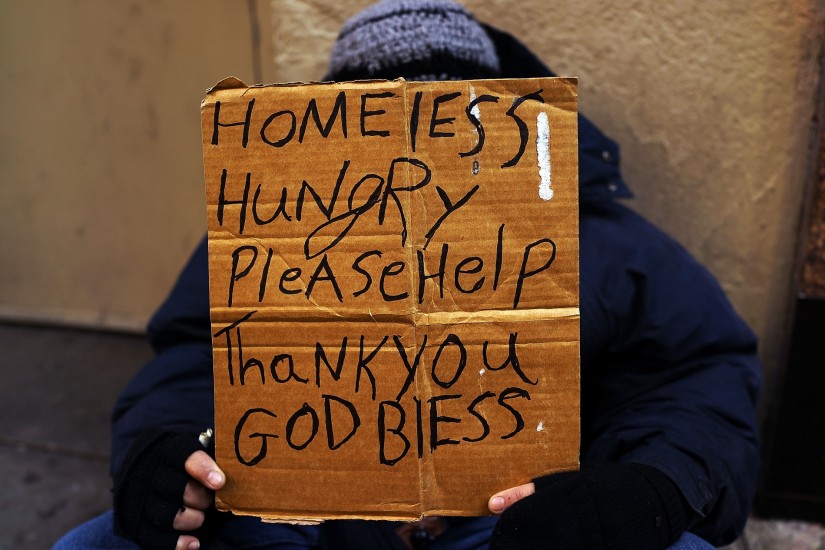Why do so few make it out of poverty? I can tell you from experience it is not because some have more merit than others. It is because being poor is a high-risk gamble. The asymmetry of outcomes for the poor is so enormous because it is so expensive to be poor. Imagine losing a job because your phone was cut off, or blowing off an exam because you spent the day in the ER dealing with something that preventative care would have avoided completely. Something as simple as that can spark a spiral of adversity almost impossible to recover from. The reality is that when you’re poor, if you make one mistake, you’re done. Everything becomes a sudden-death gamble.
Now imagine that, on top of that, your brain is wired to multiply the subjective experience of stress by 10. The result is a profound focus on short-term thinking. To those outsiders who, by fortune of birth, have never known the calculus of poverty, the poor seem to make sub-optimal decisions time and time again. But the choices made by the poor are supremely rational choices under the circumstances. Pondering optimal, long-term decisions is a liability when you have 48 hours of food left. Stress takes on a whole new meaning—and try as you might, it’s hard to shake.
The standard American myth of meritocracy misinterprets personal narratives like mine. The accumulated social capital of American institutions—stable transfer of power, rule of law, and entrepreneurship—certainly create economic miracles every day. But these institutions are far more suited to exponentially growing capital where it already exists, rather than creating new capital where society needs it. Stories such as mine are treated as the archetype, and we falsely believe they are the path to escape velocity for an entire segment of the population. In doing so, they leave that population behind. I am the face of the self-made rags-to-riches success story, and I’m here to say that story is a myth. The term “meritocracy” was coined in 1958 as a mockery of the very idea of evaluation by merit alone. We’ve forgotten to laugh, and the joke is on us.
